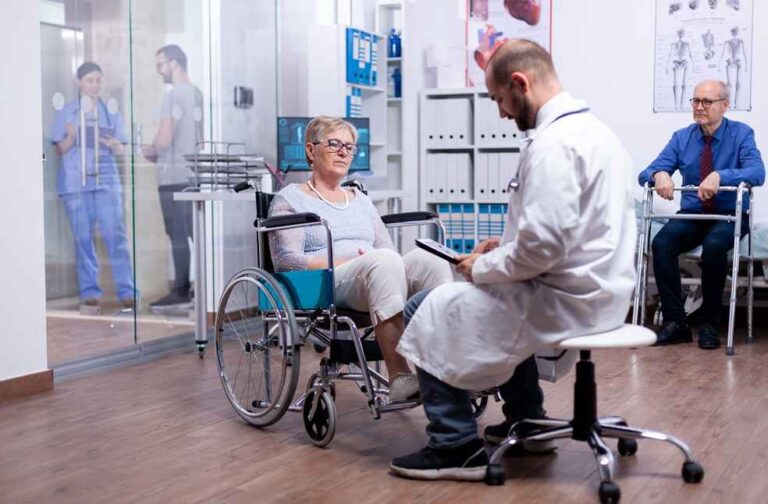Belgian researchers have discovered ‘fecal transplants’ could help improve symptoms of Parkinson’s disease by transferring healthy bacteria. The study was published in eClinicalMedicine.
In a recent clinical trial, fecal microbiota transplants (FMTs) were performed on early-stage Parkinson’s patients using healthy donor samples. After a year, the trial revealed that FMTs resulted in a mild but significant improvement in motoric symptoms, such as tremors and balance problems. Researchers in Belgium believe that treatments related to Parkinson’s could slow or reverse the disease’s progression.

Arnout Bruggeman, a neurologist from Ghent University, said that, “Our results are really encouraging. After twelve months, participants who received the healthy donor stool transplant showed a significant improvement in their motor score, the most important measure for Parkinson’s symptoms.”
In the analysis, fecal transplants were administered through the noses of Parkinson’s patients to reach their small intestines. Although it may not sound pleasant, the method revealed promising results in halting the progression of the disease.
The study involved 46 patients, 22 of whom received fecal transplants from healthy donors while the remaining 24 received a placebo. Follow-up studies were executed for up to a year after the transplant, with noticeable advancement seen only after the six-month point.
Researchers believe that the progress in symptoms might be attributed to changes in gut movement, but further research is needed to confirm this theory. Not only did the recipients of the bacteria transplant show slower motoric symptoms, but they also kept a slower growth of constipation, which is often associated with the progression of Parkinson’s disease.

Roosmarijn Vandenbroucke, a biotechnologist from the VIB-UGent Center for Inflammation Research, commented that, “Our study provides promising hints that FMT can be a valuable new treatment for Parkinson’s disease. More research is needed, but it offers a potentially safe, effective, and cost-effective way to improve symptoms and quality of life for millions of people with Parkinson’s disease worldwide.”
According to reports, even though trillions of bacteria live in every human stomach, their unique influence on Parkinson’s is difficult to detect.
Debby Laukens, a biochemist, from Ghent University, said that, “Our next step is now to obtain funding to try to determine which bacteria have a positive influence. This could lead to the development of a bacterial pill or other targeted therapy that could replace FMT in the future.”



